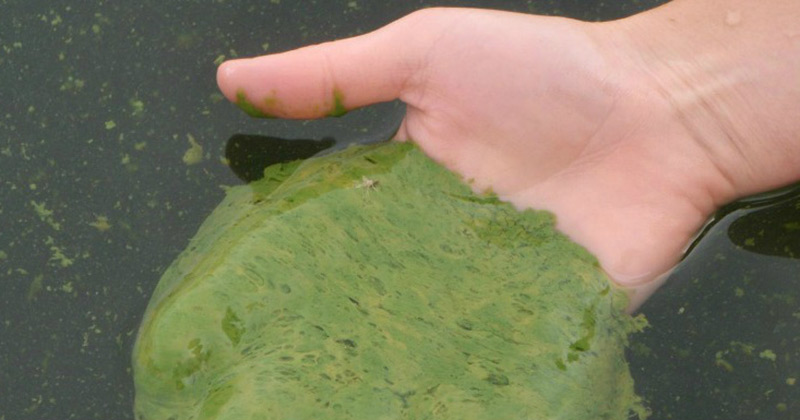What do warmer temperatures mean for the health of our lakes?

Author: Arunemathi Shanmugam, University of Waterloo This July was the warmest on record and we expect to continue to see record-breaking weather in the near future. Warmer air temperatures will cause a variety of changes, including changing ice-covered periods, areas that experience ice cover, reducing snow cover, decreasing snowfall, and increasing water temperatures1. These changes […]
